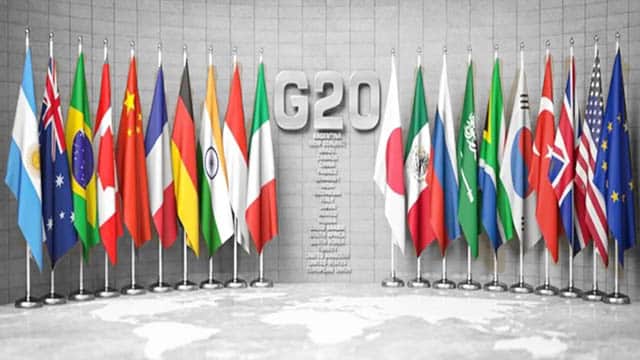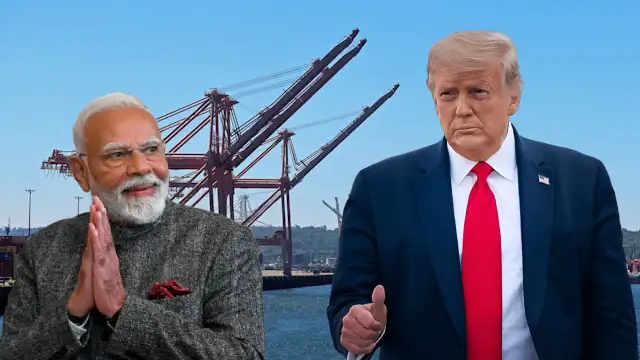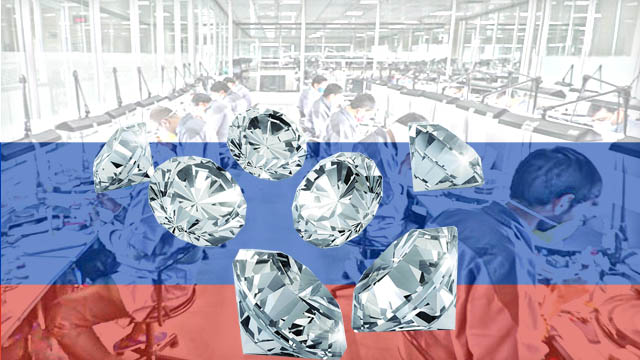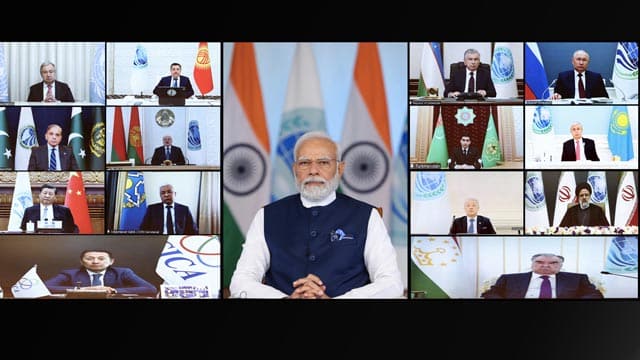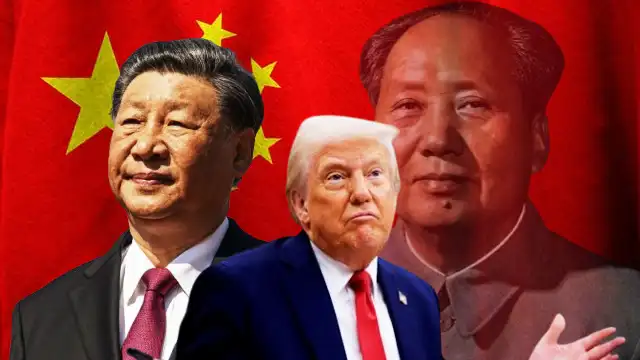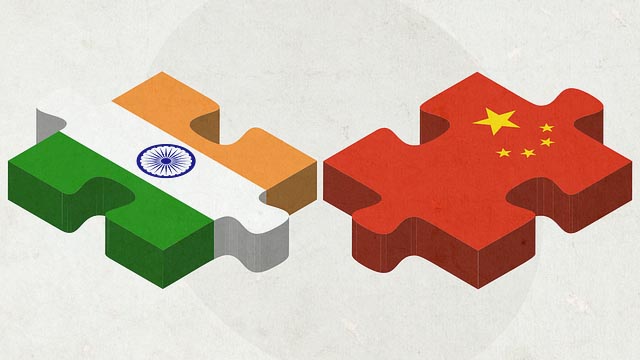While India managed to successfully persuade the participants of the recently held G20 Summit held in New Delhi to adopt the New Delhi declaration, overriding the geopolitical polarisation, there remains an area on which global powers are yet to reach a consensus. It’s on not using unilateral sanctions against countries by bypassing the United Nations Security Council (UNSC).
Unilateral economic sanctions are used by the West as geopolitical weapons against those it considers its adversaries. Although often such findings are based on paranoia or deep racial hatred, the sanctions not only ruin the economies of small countries but also create a major roadblock to free global trade and competition.
Russian economic and international relations experts, whose country has been facing one of the most extensive unilateral sanctions of the 21st century, believe that it’s too optimistic to believe that the G20 can come to such a consensus on unilateral sanctions very soon, as the West has been illegally using it on other countries.
Even though the G20 is an economic body, which has the primary role of promoting better trade and commerce between its members and taking effective steps to control climate change, the unilateral sanctions by the US and its allies on countries go against the spirit of the G20, which advocates free trade.
Although the UNSC is the only body that has the authority to impose sanctions on countries, its rules are openly flouted and its authority is mocked by the US and its allies whenever they impose sanctions on countries they consider as “hostile”.
Can the G20, as a global economic forum, reach a consensus in its current format to single out unilateral sanctions imposed randomly by the West as detrimental to economic growth and global trade? Can the G20 countries reach a consensus of not using unilateral sanctions on any country and follow the UNSC’s route if there is a problem with merit?
While responding to East Post, Victoria Perskaya, the director of the Institute for Research in International Relations and the professor of the Department of World Finance of the Financial University under the Government of Russian Federation, sounded hopeful about the future.
“If it continues moving down the same road, I believe that the G20 will come to view (unilateral) sanctions as something contrary to free global trade and competition”, Perskaya told East Post during a video bridge organised by Sputnik India on Monday, September 11th, to review the outcomes of the recently held G20 Summit.
However, she had her apprehensions as Perskaya believes that the UN has been taken “hostage” by the US and its allies. “The UN isn’t changing. There is a lot of debate but unfortunately in the UN the US has frozen all the processes and opposes change”, she warned.
Unlike Perskaya, Victoria Panova, the Sherpa of the Russian Federation in the “Women’s Twenty” (W20), is quite apprehensive about such changes coming soon. Responding to the East Post at the event, Panova said it needs a lot of optimism to see that such a consensus is created in a forum like the G20.
“The G20, as it exists today, we can only adopt decisions on the basis of consensus. It will be too optimistic for us to expect to see a common position on the point that unilateral sanctions are unacceptable. I’d like to emphasise that they are illegal. They are permanent members of the UNSC and they know very well that the UNSC is the only international body authorised to impose sanctions. Still, they do this (impose unilateral sanctions)”, Panova said.
She, however, highlighted that the BRICS, unlike the G20, has made it clear in its wordings that unilateral sanctions are unacceptable in the modern world. “Within the BRICS we have these wordings to condemn unilateral sanctions. We know that BRICS is growing as well; there is a lot of potential for BRICS to expand its ranks even further”, Panova added.
She said the countries involved in these unilateral sanctions must hear the majority of the international community, and not just themselves if they want to be a part of these bodies in the future.
While the G20 Summit’s declarations bring forth the minimum understanding between the countries divided by geopolitical polarisation, it’s important for free global trade and commerce that no country can be allowed to bypass the UNSC and impose unilateral sanctions on others and push the economies of developing economies into sheer crisis.
The Russians, alike the Chinese and many Global South countries, understand this very well now. However, a rule-based world must ensure that its major powers also abide by international laws and don’t act as global policemen to exert their illegal authority over others.

